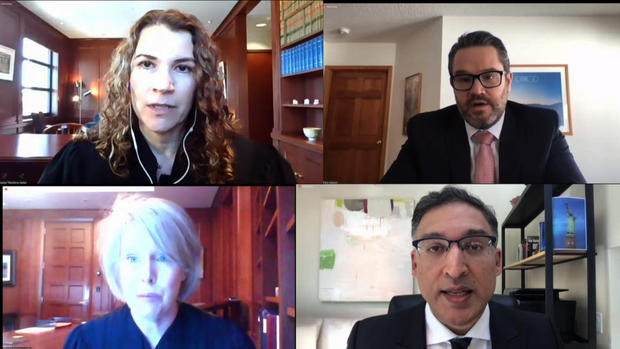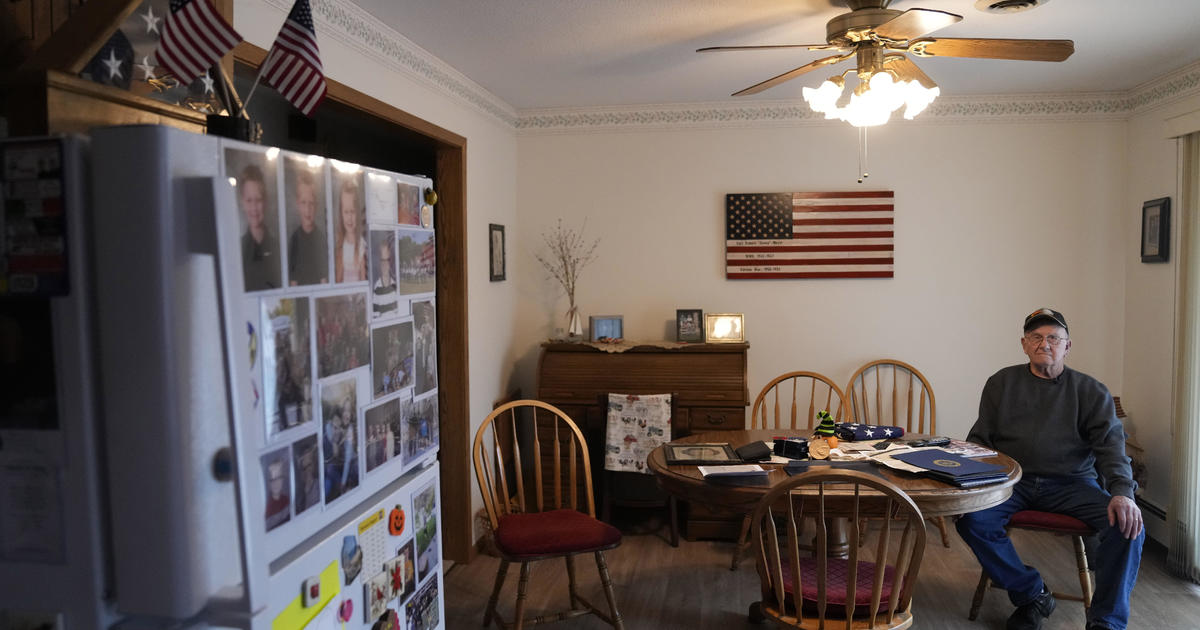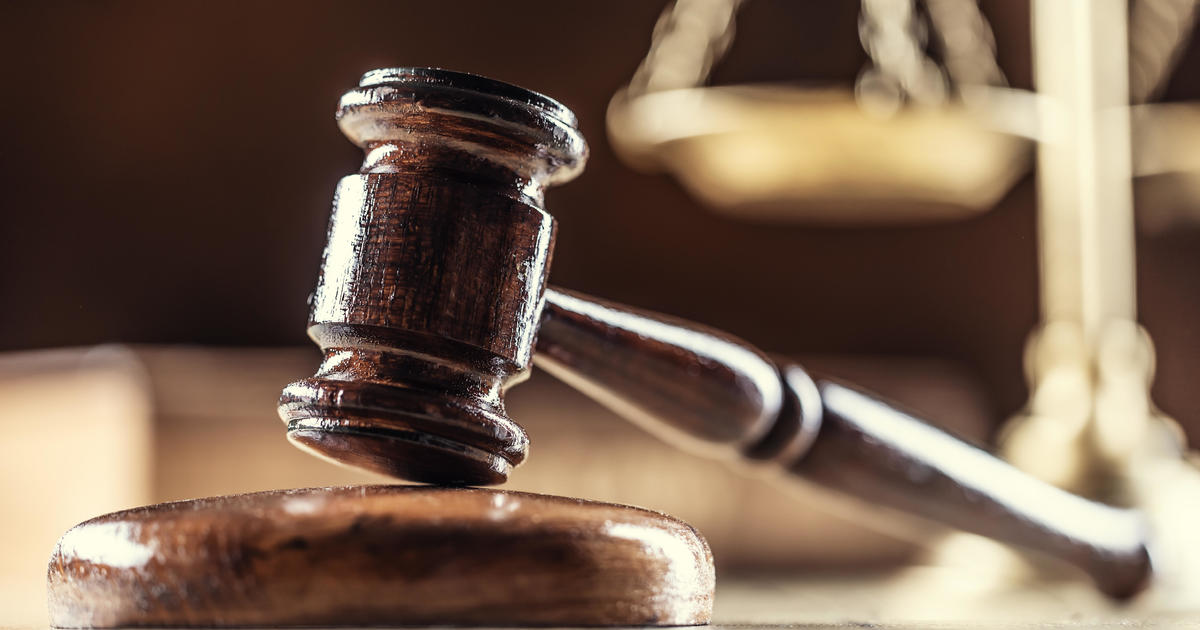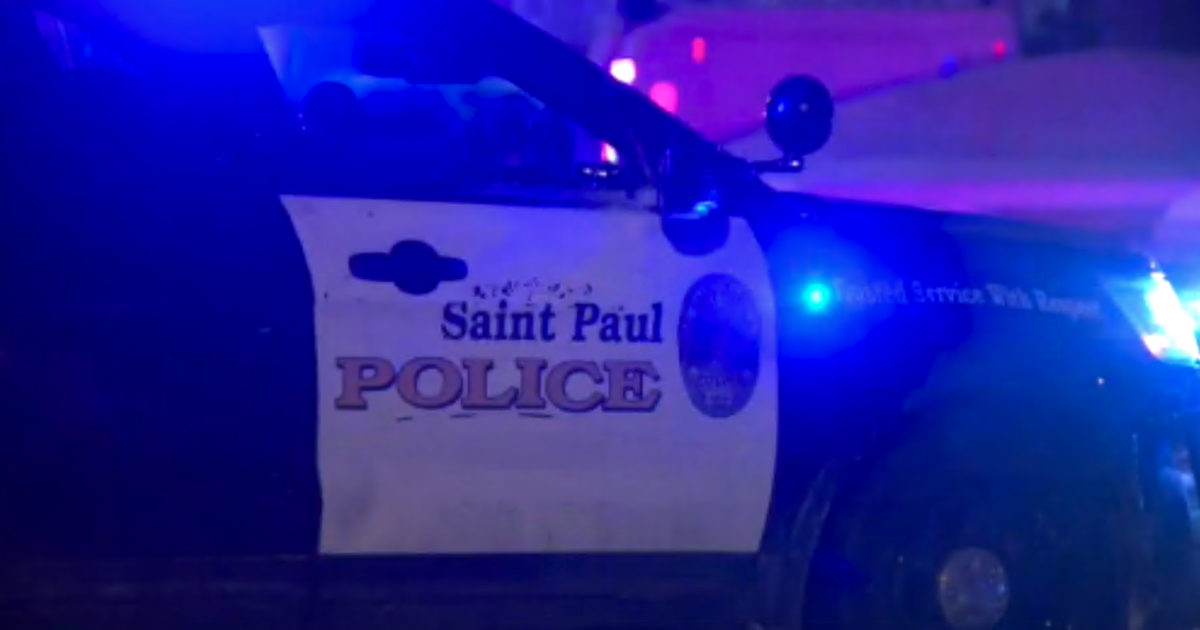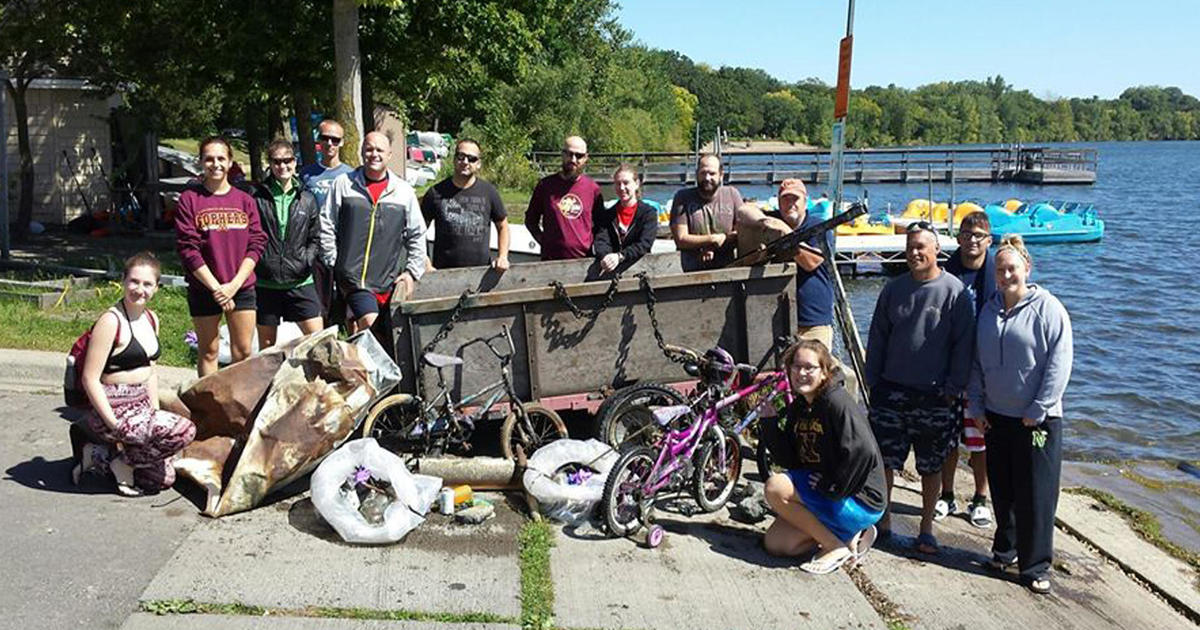Derek Chauvin Case: Appeals Court Hears Arguments On Reinstating 3rd-Degree Murder Charge
MINNEAPOLIS (WCCO) -- The Minnesota Court of Appeals heard oral arguments Monday afternoon on whether or not to reinstate a third-degree murder charge against Derek Chauvin for the death of George Floyd.
The hearings come just a week before jury selection is set to begin for Chauvin's trial. He currently faces charges of second-degree murder and manslaughter
The former Minneapolis police officer had previously been charged with third-degree murder, but that charge was dropped last fall by Judge Peter Cahill, who cited lack of probable cause.
Since then, the court of appeals ruled that third-degree murder was the proper charge in the case of Mohamed Noor, the former Minneapolis police officer who was convicted in the 2017 shooting of Justine Ruszczyk Damond.
Following this decision, Minnesota Attorney General Keith Ellison asked Cahill to reinstate the third-degree murder charge against Chauvin, but the judge refused. Prosecutors then appealed the judge's decision, asking the appeals court to hear arguments quickly.
It was the first look at the lawyers in what will be the highest-profile and first-televised case in Minnesota history. Among those arguing via Zoom before the court of appeals was prominent East Coast lawyer Neal Katyal, who is on the prosecution team. On the other side was veteran Minnesota defense attorney Eric Nelson, who is representing Chauvin.
Judging by the questions, it looked like the judges were siding with the prosecution. Defense attorney Joe Tamburino, who is not affiliated with the case, agrees.
"The prosecution is in a very strong legal position," Tamburino said.
Nelson was arguing against reinstating third-degree murder charges, while prosecutors want it back in. Third-degree murder is defined as causing the death of by an act that is eminently dangerous while showing a depraved mind.
There are several reasons for prosecutors to want the third-degree charge reinstated, Tamburino said. Firstly, it's another means by which Chauvin could be convicted. Secondly, it may be easier to prove than second-degree murder.
While second-degree murder is technically considered more severe under Minnesota law, it's punishment is similar to that of third-degree murder according to the state sentencing guidelines: about 12-and-a-half years in prison.
"So whether you're facing second-degree unintentional murder or third-degree murder, under Minnesota guidelines you get the same result," Tamburino said.
The court of appeals judges indicated they could make a ruling before the start of jury selection on Monday. Whoever loses in the court of appeals does have the right to appeal to the Minnesota Supreme Court -- which could delay the start of the trial.
Tamburino doesn't e start of the trial.expect that scenario to happen. He says the court of appeals will likely have a decision by the end of the week.
"Right now, the attorney general's office seems to desperately want this charge and they are pulling out all the stops," Tamburino said.
Floyd, a Black man, died on May 25 after being arrested outside a south Minneapolis convenience store. Bystander video of the arrest showed Chauvin, who is white, kneeling on Floyd's neck for several minutes while he lay prone, handcuffed and repeatedly saying he couldn't breathe.
Three other former Minneapolis police officers are charged with aiding and abetting murder and manslaughter in Floyd's death: J. Alexander Kueng, Thomas Lane and Tou Thao. They're slated to stand trial later in August.
Floyd's death sparked protests and riots in Minneapolis and across the country. During the unrest, dozens of buildings in the Twin Cities were ransacked, damaged and burned; many were completely destroyed. Months later, the country is still in the midst of a reckoning on racial equity and police brutality.
Officials in Minneapolis have long been repairing for Chauvin's trial, setting up security plans to ensure the safety of protesters, residents and property. When the verdict is read, local law enforcement will be fully deployed, officials say, and there will be 2,000 Minnesota National Guard members in the city.
City officials are also putting a major emphasis on information sharing. Briefings will be held every week, at minimum, and the city will work with 70 neighborhood groups to share information directly with the community. Much of the information shared will regard building closures, road closures and traffic patterns in the city.
